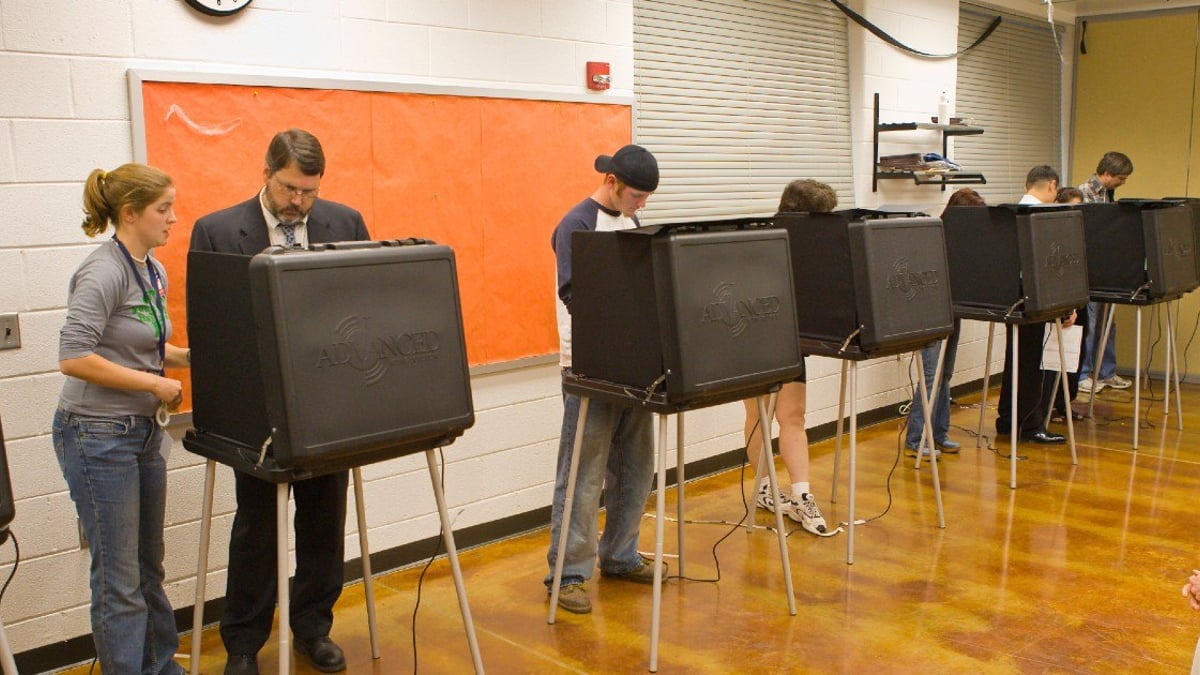An Alternative Way To Legalize Online Casino And Poker

Online casino and poker legalization efforts have met with stiff resistance. The legislative path blazed by daily fantasy sports and widened by sports betting has been closed to casinos and poker. Instead of trying to jam a square peg into a round hole, there might be an alternative way to legalize these other forms of online gambling in various states: A voter referendum.
Voter referendums were deployed in several states to legalize sports betting for various reasons. One reason is that some states require constitutional amendments to expand gambling. But another reason is that a referendum is a cleaner way to pass a potentially controversial law.
New Jersey, Colorado, Louisiana, Maryland, South Dakota, and Nebraska have passed sports betting referendums. California voters rejected a pair of ballot initiatives in 2022. Several other states have introduced legislation to place sports betting before voters, including Georgia, in 2023.
Maryland explored a voter referendum to legalize online casino gambling this year, but the measure didn’t pass the legislature.
There are two ways to structure a referendum. The Colorado sports betting referendum was a fully formed law with a licensing structure and tax rate, while Louisiana and Maryland’s lawmakers were required to pass enabling legislation after the referendum passed.
When it comes to trying to legalize online casinos and online poker, the latter is clearly the better option.
Why a General Referendum Makes the Most Sense
The reasons used to legalize sports betting and DFS aren’t working for casinos and poker. For whatever reason, the argument that it’s already occurring so we need to provide regulatory oversight, consumer protections, and capture the tax revenue going offshore isn’t resonating.
Because online casinos and online poker are more controversial, a referendum asking voters a basic question, “Do you support online gambling,” alleviates the possibility of political fallout from a vote to expand gambling.
If lawmakers are nervous about legalizing online casino gambling, they can vote to let residents decide if they want to legalize online poker and casinos. All the legislature is doing is placing the issue in front of voters.
The final step in the process is enabling legislation. With a clear mandate from voters, the legislature can work on all the details without fear of political blowback. Politicians can say, “The voters made their voices heard, and now we are providing them with a safe, well-regulated industry with the bonus of new tax revenue flowing into the state’s coffers.”
Are Referendums Right for Everyone?
Without going into detail on every state and its laws surrounding ballot initiatives, just understand the degree of difficulty varies.
Some states require super-majorities to pass gambling referendums, which is why they are seen as a last resort. But even in these states, getting a referendum on the ballot is easier than passing a fully formed bill. Passing it is another matter.
First, it helps eliminate the influence of special interests whose asks can often fracture support for the bill.
Second, it’s easier to whip votes for a ballot initiative. Assuming they are pro-democracy, lawmakers with apprehensions about gambling will line up behind a voter referendum.
That said, there can be severe complications. California had dueling ballot initiatives in 2022, and both sides went negative, leading to both initiatives going down in flames in spectacular fashion.
California’s initiatives weren’t fully formed, but they had enough details embedded to make a case against them. Had it been a yes or no question about legalizing sports betting, it’s likely the referendum would have easily passed. While that is unlikely in California, Maryland and many other states could take that “yes or no” approach to online casinos and poker.










